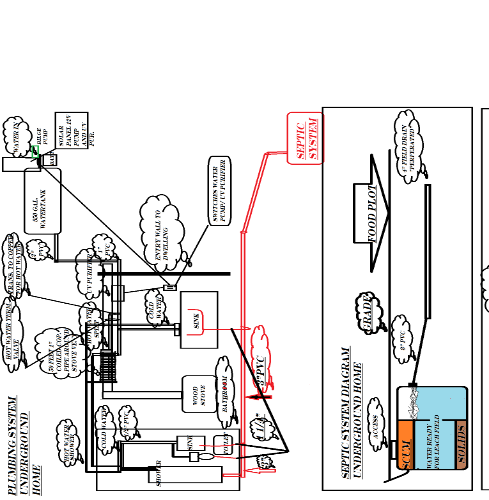








Medicinal herbs, kitchen herbs, perennial edibles and berries: https://mountainherbs.net/ grown in the Blue Mountains, Australia




Co-founder: Greywater Action, www.greywateraction.org
Author: Greywater, Green Landscape, and The Water-Wise Home: How to Conserve, Capture, and Reuse Water in Your Home and Landscape








Medicinal herbs, kitchen herbs, perennial edibles and berries: https://mountainherbs.net/ grown in the Blue Mountains, Australia








Medicinal herbs, kitchen herbs, perennial edibles and berries: https://mountainherbs.net/ grown in the Blue Mountains, Australia





Author of Septic Tank Options and Alternativesand Permaculture Guide to Reed Beds, published by Permanent Publications, UK.




Laura Allen wrote:
Here are a few types of systems that are simple, low maintenance, lower cost, and work very well. You'll need to research them a bit to decide which is a good match for your home and landscape.
-Laundry to landscape
-Gravity flow branched drain
We have more info on our website here: http://greywateraction.org/contentabout-greywater-reuse/
 1
1





Co-founder: Greywater Action, www.greywateraction.org
Author: Greywater, Green Landscape, and The Water-Wise Home: How to Conserve, Capture, and Reuse Water in Your Home and Landscape




-downspout-(background)-tap-hooks-to-1.25-inch-hose-to-garden-between.jpg)

